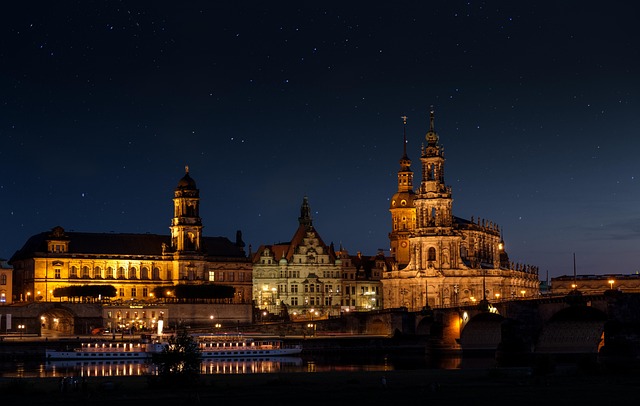At the heart of any profound inquiry into the nature of existence lies the question of historicity. This term, often floated around in both philosophical and scientific discussions, encapsulates the understanding that our experiences, consciousness, and interpretations are deeply rooted in historical context. To explore the intersection of science and modern philosophy through the lens of phenomenology is to embark on a journey where our lived experiences entwine with empirical observation, giving us a fuller picture of reality.
In the realm of science, historicity plays a pivotal role. Scientific discoveries, theories, and advancements do not appear in a vacuum. Instead, they are shaped by the cultural, social, and historical landscapes in which they emerge. This consideration prompts us to reflect on how the context—like the technological and methodological tools available at a given time—has influenced scientific progress. For instance, the development of quantum physics could not have occurred without the philosophical underpinnings laid by earlier theorists who grappled with the nature of reality, causality, and perception.
Modern philosophy takes a similar tack by stressing the significance of historicity in understanding our place in the world. Philosophers such as Heidegger and Merleau-Ponty championed phenomenology as a means to grasp the fullness of human experience. They argued that understanding our consciousness requires us to recognize the historical and social frameworks that shape our perceptions. When we examine phenomena not just as isolated instances but as rich tapestries woven through time, we begin to appreciate the intricate interplay between our inner lives and the external world.
As individuals navigating our modern existence, we often feel disconnected from both the past and the present. The rapid pace of technological advancement and globalization can render our historical context opaque. That is why engaging with phenomenology becomes essential; it invites us to dwell in the richness of our experiences and confront the transient nature of time and existence. By recognizing the historicity of our perceptions, we can bridge the gap between the subjective and the objective, merging the insights of science with the depth of philosophical inquiry.
The contemporary landscape calls for a return to these phenomenological roots, allowing for a synthesis where scientific inquiry is not merely about cold, hard facts but is infused with the warmth of human experience and historical context. The fusion of science and philosophy thus does not serve as a dichotomy but rather as a harmonious relationship, inviting us to explore what it means to be human in an ever-evolving universe.
In navigating this fascinating intersection, we uncover a holistic understanding that encompasses not only the abstract concepts posited by philosophers but also the tangible realities documented through scientific inquiry. Recognizing the historicity of our understanding strengthens our grasp of who we are, inviting an empathetic exploration of the human condition that transcends disciplinary boundaries.




